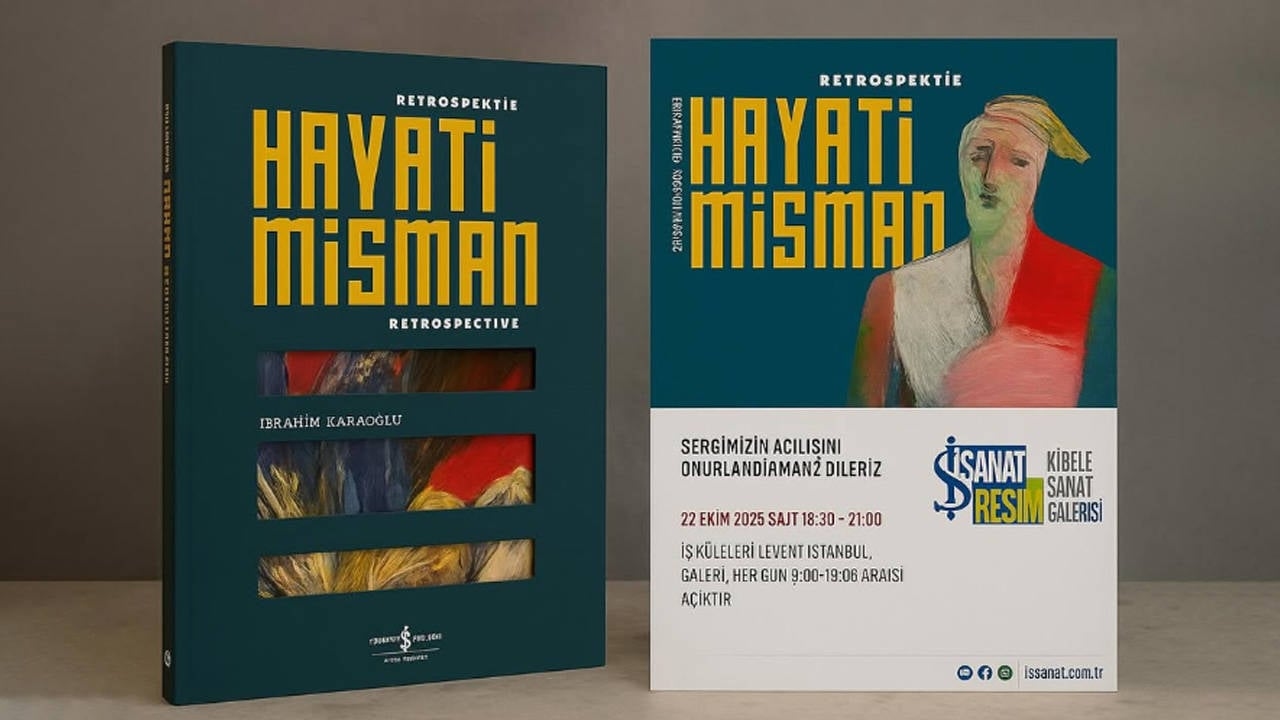1,300-year-old 'unique' treasure found under Buddha statue

Descending approximately 1.2 meters below the statue, the team discovered a ceramic vessel. According to a statement by Thailand's Department of Fine Arts, the vessel contained 33 ancient ornaments made of gold, silver, and bronze. Among the items discovered were gold rings, silver earrings, and a unique bronze hoop earring believed to date back to the Dvaravati period.
Three more new discoveries have been madeFollowing this discovery, excavations at the Phra Non archaeological site, where conservation efforts are ongoing, were accelerated. Additional excavations around the country's tallest (approximately 13 meters) and oldest reclining Buddha statue (circa 657 AD) yielded three new finds. Among these were hammered metal sheets crafted using the traditional repoussé technique.
The first of these was a rectangular gold plate, approximately 8x13 cm. It featured a seated Buddha figure in a teacher's pose. The figure, notable for its spiraling hair, large halo, long ears, and robe draped over one shoulder, is characterized by a small hole in the upper right corner, suggesting that this object may have been used as jewelry or ornaments.
The second repoussé piece was made of lead-pewter alloy, this time depicting a standing Buddha within an arched frame. This approximately 11x15 cm plaque also featured two companion figures. The figure on the left is indistinguishable due to damage; the figure on the right is likely a Thai interpretation of the Indian god Brahma.
The third piece was a different find, consisting of stacked metal sheets compressed with clay and cement. The exact number of layers has not been determined due to the damage, but it is thought that this structure was placed specifically behind the statue for ritual purposes.
The Phimai National Museum has begun conservation and inventory work on these unique gold artifacts. Archaeologists believe they hold great significance not only for Thailand but also for the early Buddhist art history of Southeast Asia.
SÖZCÜ




